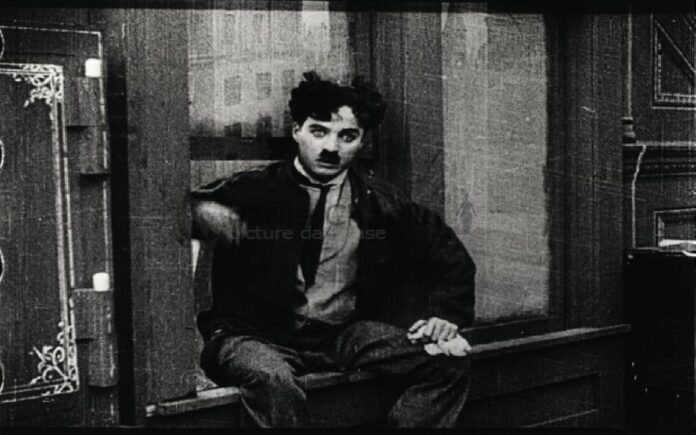Los Angeles: On the 136th birth anniversary of Charlie Chaplin, the world remembers a pioneer of silent cinema, a maestro of slapstick comedy, and a fearless commentator on society through art. Born on April 16, 1889, Chaplin left behind a cinematic legacy that transcends generations, speaking volumes without the need for words.
With a career spanning more than 90 films, Chaplin became an enduring symbol of resilience and compassion through his universally recognizable “Little Tramp” persona. Dressed in his bowler hat, tight coat, oversized shoes, and signature cane, the Tramp became not just a comic icon but a mirror to humanity—highlighting both its beauty and absurdity.
Chaplin’s unique ability to blend humor with powerful social critique was never more evident than in his bold 1940 masterpiece, The Great Dictator. In this, his first full-length sound film, Chaplin fearlessly took aim at Adolf Hitler at the height of World War II. In a powerful climax, he delivered a speech that has since become one of the most stirring calls for peace and humanity in cinematic history.
👉 Watch the unforgettable speech from The Great Dictator:
Iconic Films That Shaped Cinema:
- “The Kid” (1921): A heartfelt blend of comedy and drama, this film follows the Tramp as he cares for an abandoned child, showcasing Chaplin’s unmatched ability to fuse humor with deep emotional resonance.
- “City Lights” (1931): A romantic silent film that stands as one of cinema’s greatest achievements. It tells the poignant story of the Tramp’s love for a blind flower girl, filled with timeless emotion and visual storytelling.
- “Modern Times” (1936): A biting satire on industrialization and the dehumanizing effects of modern machinery, this film is both hilarious and deeply reflective of the struggles of the working class.
- “The Great Dictator” (1940): Marking a turning point in Chaplin’s career, this daring political satire mocked totalitarian regimes and delivered one of the most iconic speeches in film history—an earnest plea for kindness, liberty, and brotherhood.
Beyond his directorial genius, Chaplin’s legacy lives in his ability to turn silence into a powerful voice, and laughter into a tool for resistance. He showed the world that comedy could carry the weight of philosophy, and that a clown could be a conscience.
Even today, filmmakers and performers draw inspiration from Chaplin’s revolutionary techniques, while audiences continue to find solace, joy, and meaning in his films. In an age of noise, his silent expressions still speak louder than words.
As we celebrate Chaplin’s life and legacy, we remember not only the man who made the world laugh—but also the one who dared to challenge it with grace, courage, and a smile.



